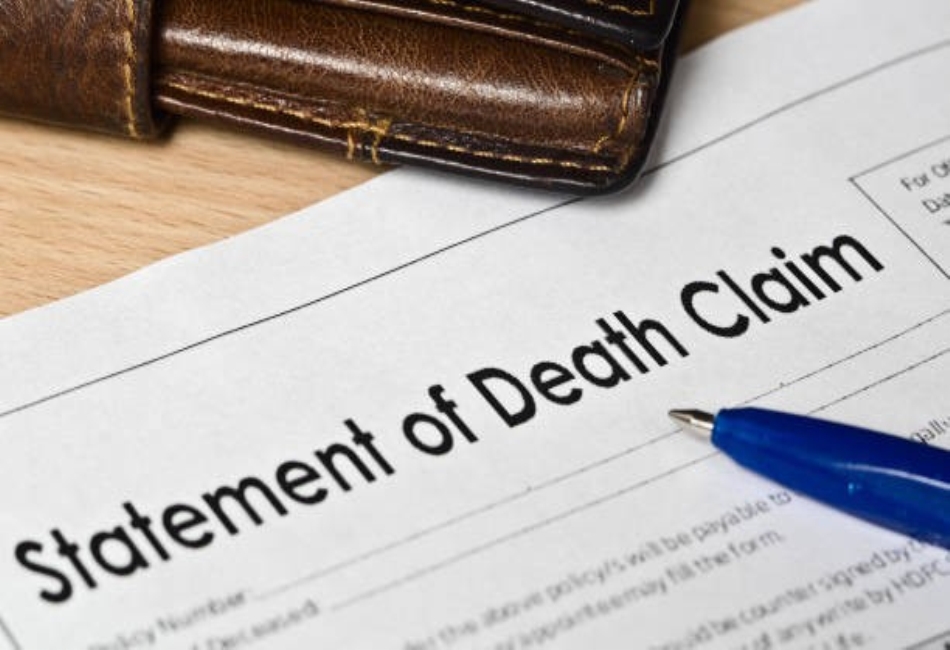Connecticut may be one of the smallest states, but its legal system is thorough and often complex—especially in wrongful death cases. Families here often face a maze of statutes, deadlines, and legal hurdles during an already painful time.
When you lose someone unexpectedly, especially due to someone else’s negligence, it doesn’t just leave you emotionally devastated; it also leaves behind financial, legal, and personal complications you never asked for. In Connecticut, families going through this kind of loss are left wondering what kind of compensation they might be entitled to, and what that process even looks like.
Also, Connecticut courts look at the fine details of each case before determining how much compensation should be awarded. This means your potential settlement will depend heavily on the circumstances around the death, who’s filing, and how damages are calculated under state laws.
If you’re thinking of taking legal action, it’s critical to work with wrongful death lawyers in Connecticut who understand how to build a strong case based on local statutes and the specifics of your situation.
What Damages Are Included in a Wrongful Death Claim?
Economic damages may include:
- Funeral and burial costs
- Medical bills that were incurred before the person died
- Lost income, both current and future, that the deceased would have contributed to the household
- Any out-of-pocket costs directly related to the death
Non-economic damages include:
- Pain and suffering the deceased experienced before dying
- Emotional distress suffered by the surviving family
- Loss of enjoyment of life
- Loss of companionship and care, also known as loss of consortium.
If the deceased was married, the spouse may also be eligible to file a loss of consortium claim, which compensates for the emotional and relational loss of a partner. In Connecticut, these claims must be filed together with the main wrongful death lawsuit, since both arise from the same facts.
What Affects the Size of a Wrongful Death Settlement?
No two wrongful death cases are the same, so there’s no fixed settlement amount. That said, these are the key factors that influence the final payout:
- The age, health, and expected lifespan of the deceased
- Their income and future earning potential
- The circumstances of the death (including any reckless or intentional actions involved)
- The pain and suffering endured before death
- Emotional trauma and loss experienced by surviving family members
- The strength of the legal evidence supporting the claim
- The skill of your legal representation
Connecticut uses comparative negligence under CT Gen Stat § 52-572h, which means that if the deceased person was partly at fault, the settlement can be reduced. For example, if the court finds the deceased was 20% responsible for what happened, the final amount awarded could be reduced by 20%.
What’s the Average Settlement Amount?
It’s understandable to want a number. But there’s actually no reliable average that can apply to all wrongful death cases. Each one is too unique, depending on the situation.
For example:
- Deaths caused by drunk drivers often result in higher awards.
- Fatalities from less severe negligence, where economic losses were limited, may result in lower compensation.
- Cases involving younger victims with high earning potential and dependent family members often settle for significantly more.
Why Online Settlement Calculators Don’t Work
It’s tempting to try one of those wrongful death settlement calculators online. But don’t trust them. These tools use generic inputs and ignore the specific legal, emotional, and factual nuances of your situation. They can’t account for state-specific laws, liability percentages, or the life expectancy of the decedent, all of which matter in Connecticut.
The only way to get an accurate estimate of your case value is to speak with an experienced attorney who knows how local courts award damages in real cases.
How to Maximize Your Settlement
If you want to pursue the highest possible compensation, here’s what you should focus on:
- Document everything: Medical bills, funeral receipts, photos, witness statements, every piece of evidence helps.
- Act quickly: Wrongful death claims are subject to time limits (statutes of limitations), so don’t delay.
- Avoid early settlement offers: Insurance companies often try to settle quickly and for less than you deserve.
- Work with legal professionals: A skilled attorney can calculate damages properly, protect your rights, and negotiate on your behalf.



